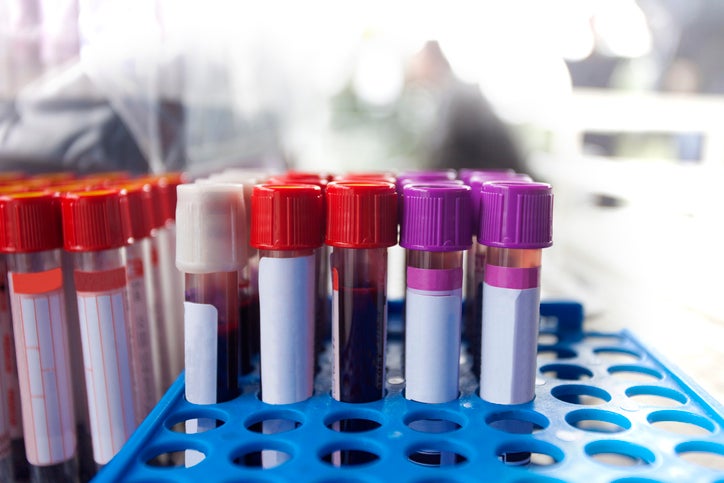-
How to Reduce Your Risk of Anesthesia-Related Injuries

While anesthesia-related injuries have become much rarer in recent years, many patients are still concerned about them—and understandably so. If you are preparing to undergo anesthesia for a medical procedure, you may be wondering if there is anything you can do to reduce your chance of suffering an injury. Here are some tips to keep in mind:
Ask your physician about potential complications.
Before you decide to undergo anesthesia, talk to your medical provider about any possible side effects or injuries that could result. Make sure that you’ve discussed each possibility, and that you fully understand the information you’re getting. Don’t be afraid to ask follow-up questions, or to express any hesitations you’re feeling.Consider your family history.
If you have any family members who have ever experienced a negative physical reaction to anesthesia, it could indicate that you are more likely to experience a similar reaction. If you find out that you do have a family history of bad reactions to anesthesia, be sure to tell your physician.Follow all pre-anesthesia instructions.
Your physician will provide you with instructions to follow prior to receiving anesthesia, and it’s important that you follow all of them. In particular, you should avoid eating before your anesthesia is given to you and refrain from taking vitamins, supplements, and anything else that might interfere with the safe administration of the anesthesia.If you have questions about medical care or treatment, or a catastrophic injury, don’t delay in calling Pegalis Law Group, LLC for a no-fee consultation! We obtain justice for our clients after hospitals, doctors, construction companies, and drivers commit preventable errors that cause harm. Reach us at (516) 684-2900.
Attorney Advertising
-
Why Regular Blood Tests Are Important

Can you remember when you had your last blood test? If you want to make sure that your body stays as healthy as it should, routine blood tests are essential. While you may have had blood tests done in the past, you may not be sure why they are so important to your health and welfare. Here’s why blood tests are so critical for everyone.
Testing for Diseases
Blood tests are often used to determine whether or not a patient has contracted a certain disease or has a chronic condition that cannot be detected otherwise. Some diseases and disorders that are commonly diagnosed using blood samples include anemia, diabetes, coronary heart disease, and HIV.Evaluating Your Organs
Your physician may also want to make sure that your organs are functioning properly, particularly in the aftermath of surgery. Organs that are often evaluated by taking blood samples include the liver, the heart, the kidneys, and the thyroid. If your physician suspects that you might have a disease of any of these organs, or if there is a concern that medications you are taking are affecting your organs, he or she may order a blood test.Assessing Your Blood
Blood tests can also be used to evaluate your cholesterol level, your protein level, your blood sugar, and other issues that are specific to your blood. A blood test may also be used to test how well your blood is clotting, and it can even be used to determine your current oxygen level.If you have questions about medical care or treatment, or a catastrophic injury, don’t delay in calling Pegalis & Erickson, LLC for a no-fee consultation! We obtain justice for our clients after hospitals, doctors, construction companies, and drivers commit preventable errors that cause harm. Reach us through our website or call (516) 684-2900.
Attorney Advertising
Recent Posts
Popular Posts
categories
- Uncategorized
- Infographic
- Patient Safety
- Patient Health
- Stillbirth
- Birth Injuries
- Medical Malpractice
- Medical Negligence
- Event
- Erb's Palsy
- Injury
- ER
- Video
- Cancer Misdiagnosis
- Medication Errors
- Cerebral Palsy
- Medical Negligence Lawyer
- Anesthesia Injuries
- Brachial Plexus
- Prostate Cancer
- About Us
- Men's Health
- Skin Cancer
- Breast Cancer
- Misdiagnosis
